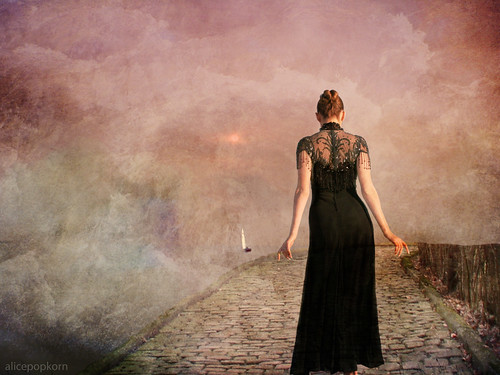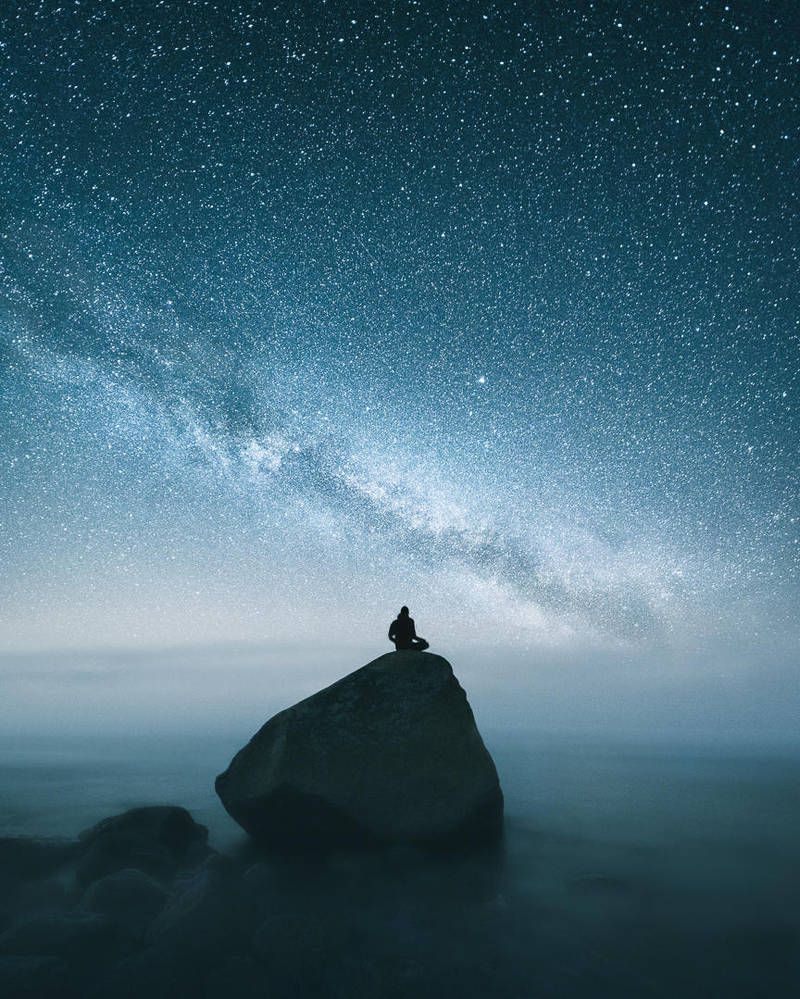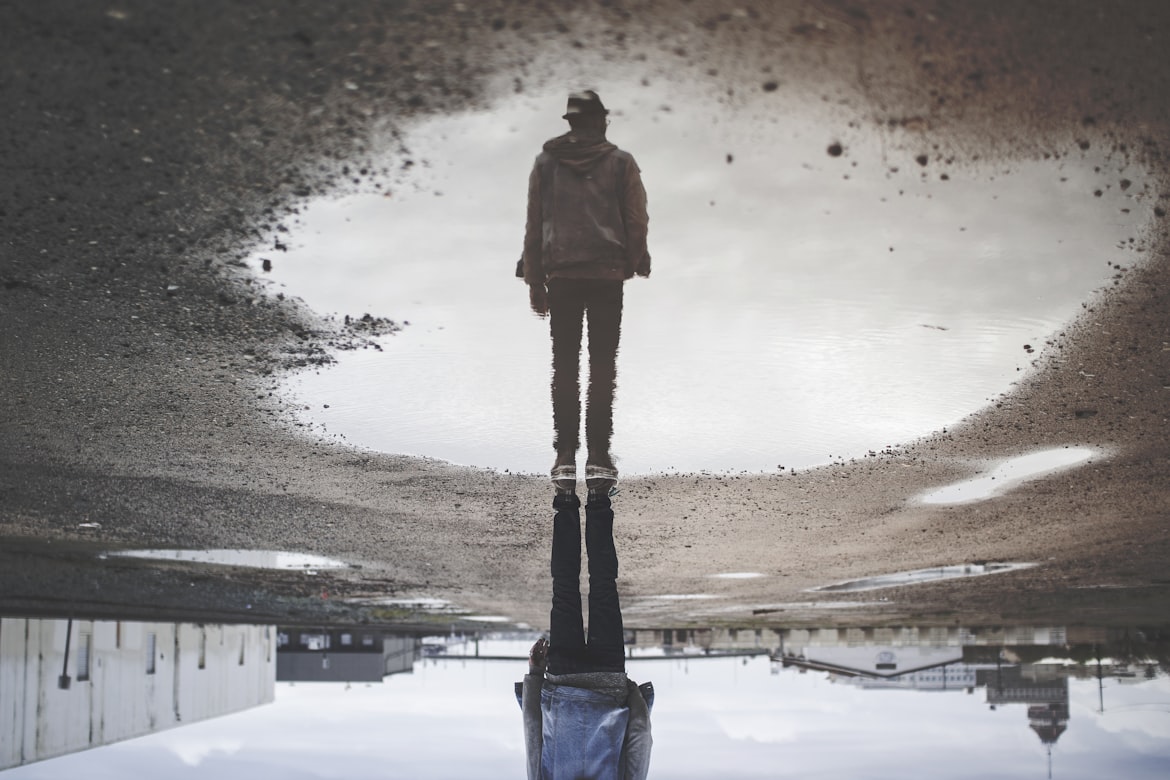Jul 07 2023
Pablo Neruda – Poetry
Poetry
by Pablo Neruda
English version by Anthony Kerrigan
And it was at that age… Poetry arrived
in search of me. I don’t know, I don’t know where
it came from, from winter or a river.
I don’t know how or when,
no, they were not voices, they were not
words, nor silence,
but from a street I was summoned,
from the branches of night,
abruptly from the others,
among violent fires
or returning alone,
there I was without a face
and it touched me.
I did not know what to say, my mouth
had no way
with names
my eyes were blind,
and something started in my soul,
fever or forgotten wings,
and I made my own way,
deciphering
that fire
and I wrote the first faint line,
faint, without substance, pure
nonsense,
pure wisdom
of someone who knows nothing,
and suddenly I saw
the heavens
unfastened
and open,
planets,
palpitating planations,
shadow perforated,
riddled
with arrows, fire and flowers,
the winding night, the universe.
And I, infinitesimal being,
drunk with the great starry
void,
likeness, image of
mystery,
I felt myself a pure part
of the abyss,
I wheeled with the stars,
my heart broke free on the open sky.
 — from Pablo Neruda: Selected Poems, by Pablo Neruda / Translated by Anthony Kerrigan
— from Pablo Neruda: Selected Poems, by Pablo Neruda / Translated by Anthony Kerrigan
/ Image by Carol Magalhaes /
I often extol the virtue of silence and inner stillness, but today let’s honor the healing and transformative power of words.
We need to remind ourselves how essential dialog, communication — words — are if we hope to lessen the violence in the world.
This may sound like another platitude about communication and peace but there is something more essential to recognize here. Violence only erupts when we feel unable to speak or be heard. This is true in individuals and it is just as true in nation states. At first this may sound overly simplistic, but it is true — beneath the emotions and apparent complexities, violence is always an expression of feeling thwarted. The violence reflex occurs when words are not being exchanged. Words are the preventative medicine against violence.
Of course, the dilemma is that it is never one way. All parties must be listening as well as talking. But when expression is suppressed and the pathways of communication are shut down, that’s the time to duck.
Poetry is the pathway to peace. We’re talking real words, deep words. Words that matter. Words that speak with the weight of spirit.
Words, and more generally all forms of expression that give voice to our hopes and humanity, are the sign of well-being within society. Their absence signals violence brewing.
So a few words by Neruda for us today in honor of the words that free us, words the world waits to hear…
=
And it was at that age… Poetry arrived
in search of me.
The poet doesn’t seek poetry. Poetry seeks him. He is open, waiting, watching. He gives himself to that moment, until he became nameless, faceless–
there I was without a face
and it touched me.
–and that’s when poetry arrives.
Every art beneath its surface craft is about witnessing, seeing. And true seeing requires selflessness. (I use “seeing” in the fullest sense of deep perception. Music and listening fit comfortably within my definition of “seeing” too.) The ego-self always fogs our vision. When the ego is in the way, we just see reflections of ourselves, what the awareness has become used to. We see the surfaces of things.
Deep art requires stepping free from the ego’s blinders, to see honestly and fully. The ancient schools would say that only when we see without self do we have something to say. Only then is the artist ready.
and something started in my soul,
fever or forgotten wings,
and I made my own way,
deciphering
that fire
The path of the artist is also the path of awakening.
Egolessness, spiritual awakening, and art… This raises an obvious question: Why then do so many great artists embody just the opposite, exhibiting immense egos and imbalanced lives? Not everyone is taught to approach their art as a path of clarity and awakening, but there is still the artist’s desperate need to see beyond the limits of the ego. The result is that each artist develops his or her own unique way to lurch briefly free from ego to catch those pure moments of inspiration and vision.
and suddenly I saw
the heavens
unfastened
and open,
planets,
palpitating planations,
shadow perforated,
riddled
with arrows, fire and flowers,
the winding night, the universe.
Imbalanced and willful attempts to shake off the limits of mundane perception become traumatic for the psyche. The individual must then counterbalance by reinforcing the ego once again. This is why too many visionaries and artists turn to drink and other narcotics. It is in order to shift the consciousness and then to settle the resulting vertigo.
Better to cultivate openness, quiet, and wonder. Most of all, one must know the naked self. Only when we come to know who we really are free from the pretenses of the ego, only then are we able stand whole and unshaken before the immense vision.
And I, infinitesimal being,
drunk with the great starry
void,
likeness, image of
mystery,
I felt myself a pure part
of the abyss,
I wheeled with the stars,
my heart broke free on the open sky.
That mystery floods into us. We become it, and it moves through us, through arm, through hand and the pen it holds.
and I wrote the first faint line,
faint, without substance, pure
nonsense,
pure wisdom…
The best poets don’t write poetry. They don’t do anything at all. The best poets step aside and let the mystery speak through them.
May your heart break free on the open sky!
Recommended Books: Pablo Neruda
| The Book of Questions | Neruda: Selected Poems | On the Blue Shore of Silence: Poems of the Sea | Pablo Neruda: Selected Poems | Extravagaria: A Bilingual Edition |
| More Books >> | ||||

|
Pablo Neruda
Chile (1904 – 1973) Timeline |


















